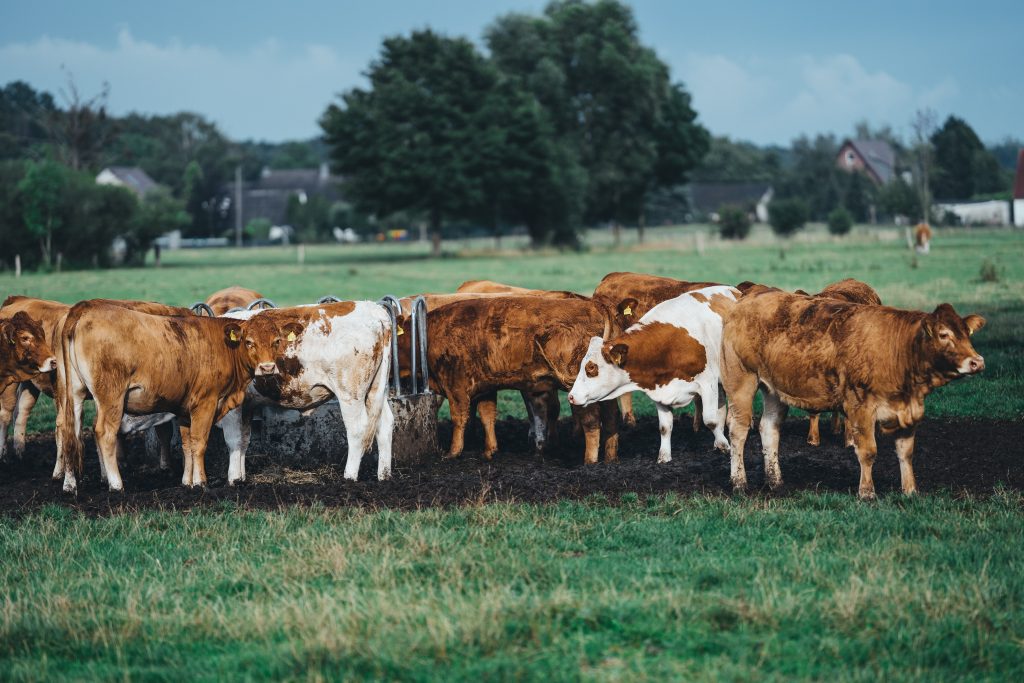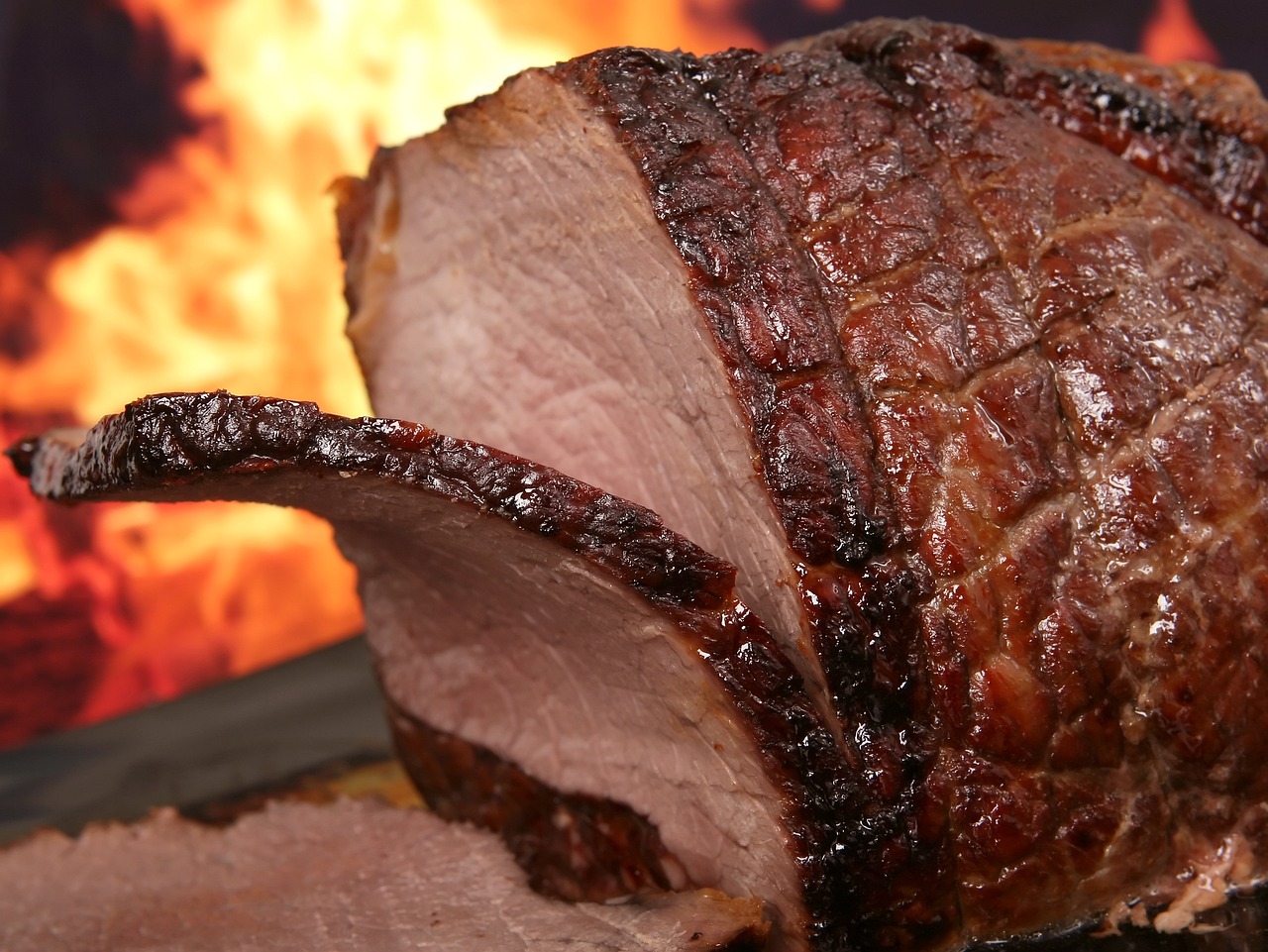Meat consumption has long been a topic of debate, with many people questioning whether or not it is bad for the environment. In this article, we will explore the environmental impact of meat consumption and livestock. We will also discuss the ways in which it contributes to climate change and other ecological problems.
Table of Contents
ToggleGHG Emissions
One of the biggest ways in which meat consumption contributes to climate change is through the greenhouse gas emissions produced by the livestock industry. According to the United Nations Food and Agriculture Organization (FAO), the livestock sector is responsible for 14.5% of global greenhouse gas emissions, which is more than the emissions produced by the transportation sector. The main sources of emissions are enteric fermentation in domesticated animals, manure decomposition, and the use of fossil fuels in the production process.

Deforestation
Another major way in which meat consumption impacts the environment is through deforestation. The vast majority of the world’s soybeans and other crops used to feed livestock are grown in South America, and the expansion of these crops is causing significant deforestation in the Amazon rainforest and other areas. This deforestation not only destroys habitats for wildlife, but it also contributes to climate change by reducing the amount of carbon stored in the forest.
Water use
Meat production is also a very water-intensive process. It requires large amounts of water to raise and care for livestock, and the production of feed crops also requires significant amounts of water. This water usage can put a strain on local water supplies and contribute to water scarcity in regions where water resources are already scarce.
Waste Management
The waste generated by the meat industry also contributes to environmental problems. Manure and other waste products produced by livestock can pollute rivers and streams, and the large-scale industrial facilities where animals are raised can create significant air and water pollution.
Conclusion
Meat consumption has a significant impact on the environment, as it contributes to greenhouse gas emissions, deforestation, water scarcity, and waste management problems. However, it is important to note that not all meat is created equal, some production methods are more sustainable than others. For example, grass-fed beef is a more sustainable option than grain-fed beef, and smaller scale, local farms are more sustainable than large industrial operations. It’s also worth considering reducing meat consumption and choosing plant-based options more often. By being mindful of the environmental impact of our food choices, we can work towards a more sustainable future.








2 thoughts on “Are meat consumption and livestock bad for the environment?”
Pingback: Rethinking Habits for a Greener Tomorrow
Pingback: Switching to Plant-Based Meat: A Game Changer